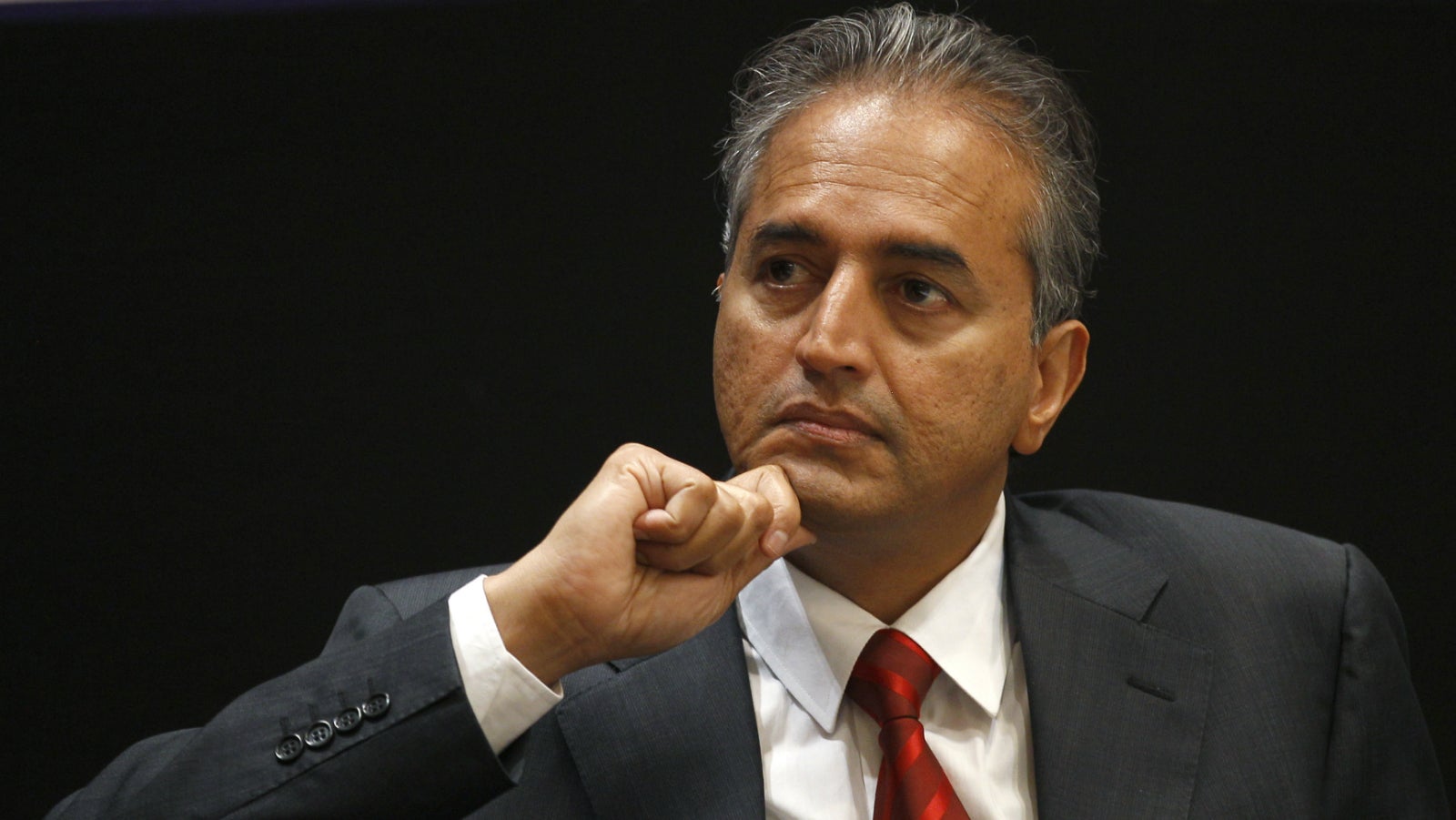How an Indian doctor built a billion dollar company by making heart surgeries affordable
Even in a country of 900,000 odd doctors, 62-year-old Devi Prasad Shetty stands out—and how.


Even in a country of 900,000 odd doctors, 62-year-old Devi Prasad Shetty stands out—and how.
In his three decades in the profession, Shetty has conducted more than 15,000 heart surgeries—including India’s first neonatal cardiac surgery in 1992—and held the distinction of serving as Mother Teresa’s personal physician.
In 2003, he also designed the world’s cheapest comprehensive insurance scheme, Yeshasvini Co-operative Farmer’s Health Care Scheme, which provides cover to poor farmers across 805 surgical procedures for just Rs18 every month. For his service, Shetty received the country’s third highest civilian award, the Padma Bhushan, in 2012.
Now, in 2016, Shetty has taken India’s stock markets by storm.
On Jan. 06, shares of Shetty’s Narayana Hrudayalaya Limited—a 15-year-old hospital chain that he started in Bengaluru—debuted on the Indian bourses, only to soar 34% at the end of the day. It closed at Rs336.70 on the BSE.
In the process, Narayana Hrudayalaya is valued at a staggering $1.02 billion (Rs6,880 crore), with Shetty and his wife, Shakuntala’s stake worth more than $620 million. The Shettys hold a 62% stake in the company.
Narayana Hrudayalaya operates 23 hospitals, eight heart centres, and 24 primary care facilities across India. Last year, it provided services to over 1.97 million patients, according to the company’s prospectus filed with India’s market regulator, SEBI.
“India needs three million new beds for treatment and as of now, healthcare reaches to about 10-15% of the population,” Shetty told the Times of India newspaper. “The government cannot build so many beds and it has to be done by private sector. Without a large capital backing, we cannot scale as healthcare needs capital.”
In 2015, even as the company reported profits on a standalone basis, it reported a consolidated loss of Rs10.8 crore ($1.6 million). Narayana Hrudayalaya is yet to respond to an emailed questionnaire from Quartz.
The Henry Ford of Indian medicine
In India, Shetty is sometimes described as the “Henry Ford of heart surgeries” because his hospitals have managed to achieve economies of scale due to the sheer number of operations they undertake in a day.
In 2015, Forbes described how Shetty’s hospitals made heart surgeries affordable in India:
…because his doctors go from one operating table to the next with an assembly line precision that is rare in the Indian healthcare system. Narayana keeps tight control on its purchases, driving down prices by negotiating directly with equipment manufacturers like GE and, in some cases, encouraging domestic companies to make in India inexpensive local versions of costly imported medical supplies.
Today, Narayana Hrudayalaya spends Rs24.9 lakh ($37,300) on each hospital bed, which the company claims is lower than many of its competitors. The chain is able to keep its costs low because they spend mostly on management and equipment, while its partners buy the land and buildings. Of the 23 hospitals it operates in India, Narayana Hrudayalaya owns only four. Together, these hospitals have 5,442 beds.
“In health care you can’t do one big thing and reduce the price,” Shetty told the Wall Street Journal in 2009. ”We have to do 1,000 small things.” Today, a simple heart operation at Narayana Hrudayalaya costs about Rs 53,000 ($800), making it more affordable to many in India.
The eighth among nine children, Shetty was born to a restaurateur father in the southern Indian village of Kinnigoli in Karnataka in 1953. He studied medicine at Mangalore’s Kasturba Medical College before training in cardiac surgery at the Guy’s Hospital in London. In 1990, Shetty came back to Kolkata as a director at the BM Birla Hospital. By 2001, Shetty set up the Narayana Hrudayalaya on a 25-acre campus in Bengaluru, with much of the funding coming from his father-in-law.
“Japanese companies reinvented the process of making cars. That’s what we’re doing in healthcare,” Shetty told the Wall Street Journal. “What healthcare needs is process innovation, not product innovation.”
Booming cardiac surgery
The onset of lifestyle diseases has made healthcare a lucrative sector for investors in India. ”Investment opportunities in the Indian healthcare sector have increased significantly and the sector is expected to be one of the most attractive investment targets for private equity (PE) and venture capital (VC) companies,” a report by industry body FICCI and KPMG said in September, last year.
In fiscal 2015, Narayana Hrudayalaya performed 51,456 cardiology procedures, 14,036 cardiac surgeries, and 184,443 dialysis procedures, according to the company’s draft red herring prospectus. “In FY 2015, cardiology and cardiac surgery accounted for 54.31% of our in-patient billed revenue,” the prospectus said. Cardiovascular diseases are amongst the biggest killers in India today, with more than 2.5 million deaths annually.
“India requires close to 20 lakh heart surgeries a year,” Shetty said in December 2015. ”All the heart hospitals in the country put together perform about 120,000 to 130,000 heart surgeries per year and the rest of the patients suffer, and unfortunately, today when you are talking about tertiary level health care it is accessible only to rich people but our target is to reduce the cost and we work with various governments.”